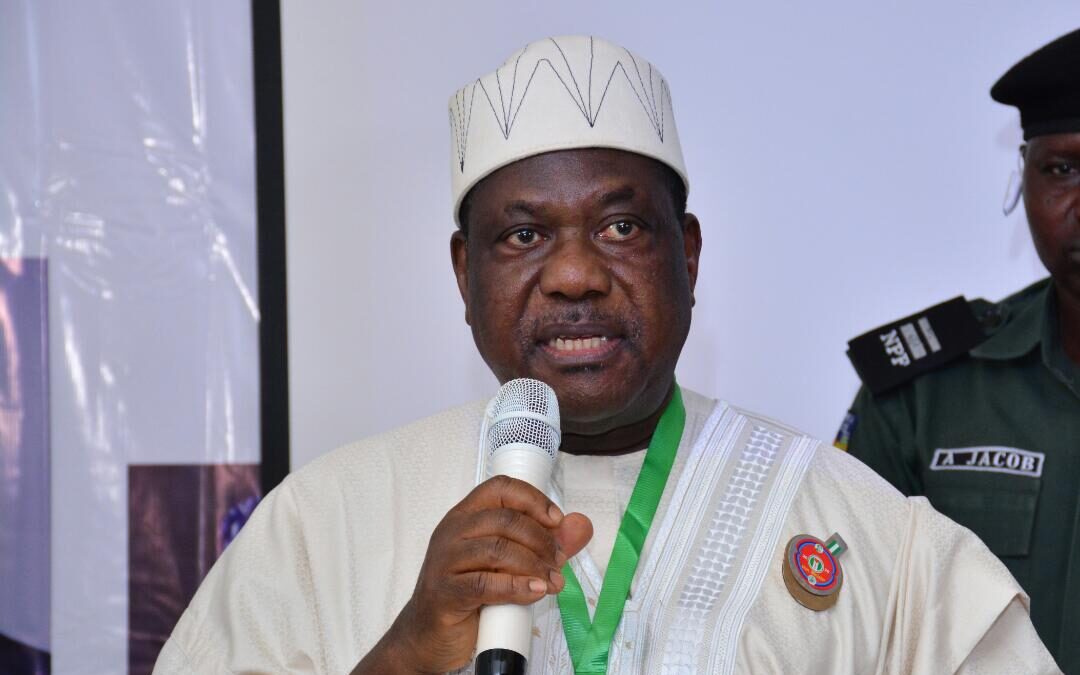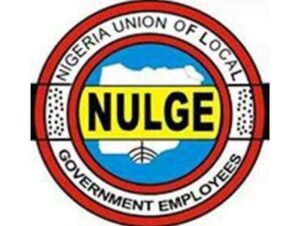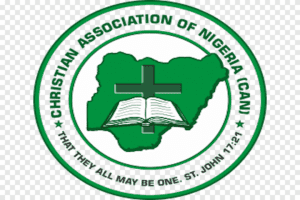
Transparency, integrity key to Tinubu’s Renewed Hope Agenda – SGF
Sen. George Akume, Secretary to the Government of the Federation (SGF), said on Thursday that the present administration placed a high premium on accountability and transparency issues.
Akume represented by Wase Francis, Director, ICT, Office of the Secretary to the Government of the Federation (OSGF), said this in Abuja, while declaring open a one-day workshop/presentation of Transparency and Integrity Index Methodology Handbook 2024.
The event was jointly organiaed by the Bureau of Public Service Reforms (BPSR) and the Centre for Fiscal Transparency and Integrity Watch (CeFTIW).
Akume said that transparency and integrity were the keys to the strategic objective of the eight priority areas of the Renewed Hope Agenda of President Bola Tinubu-led government.
“This will help to improve governance for effective service delivery.
“It is pertinent to state that the components set out in the Transparency and Integrity Methodology Index, together forms a comprehensive framework for evaluating and enhancing governance across public institutions.
“By implementing this methodology index, we can catalyse a paradigm shift towards greater accountability, transparency and inclusivity in governance.
“The presentation of the Transparency and Integrity Methodology Handbook will elicit the interest of more public institutions towards proactive compliance and deepen the level of transparency in discharging official business,” Akume said.
He urged all stakeholders including policymakers, civil society organisations, citizens and public servants to show commitment in implementing the outcome of the workshop, for a prosperous Nigeria.
Earlier, Mr Dasuki Arabi, the Director-General of the Bureau of Public Service Reforms (BPSR), said that that transparency usually play a vital role in building public trust and confidence.
Arabi said that the workshop which started in 2022 was designed to build capacities for officials across the Ministries, Departments and Agencies (MDAs), to promote proactive disclosure of public information and adoption of best practice models.
“By embracing transparency, we not only uphold the principles of good governance but also empower citizens to hold us accountable for our actions.
“The handbook we are presenting today encompasses a range of critical areas, including website integrity, fiscal transparency, open procurement, anti-corruption measures, citizen engagement, human resources practices and inclusivity.
“These pillars serve as the foundation upon which we can build stronger, more resilient institutions that serve the interests of all citizens.
“Accordingly, one of the priority areas of the eight-point agenda as enunciated by President Bola Tinubu, is on ‘Improved Governance for Effective Service Delivery’, this underscores the importance of the issues of transparency and accountability by the current administration,” Arabi said.
The Director-General of CeFTIW, Mr Umar Yakubu, said the centre focused on five variables in evaluating and assessing various agencies websites this year.
Yakubu listed them to include financials, procurement, human resource, control of corruption and citizens engagement/responsiveness and dialogue/public consultation.
He said that the handbook provided detailed explanation of the variables and the scoring criteria for the evaluation and assessment of openness and transparency of public institutions.
“The project aims to evaluate the publication of information that is statutorily supposed to be within the public domain, particularly on the website of MDAs.
“This involves information on budgeting, audit, procurement, recruitment, and utilisation of tools that aid the engagement of citizens.
“This initiative will assess compliance of MDAs and other institutions of government with national laws, policies and guidelines as well as other international agreements which Nigeria has made commitment,” Yakubu said.




